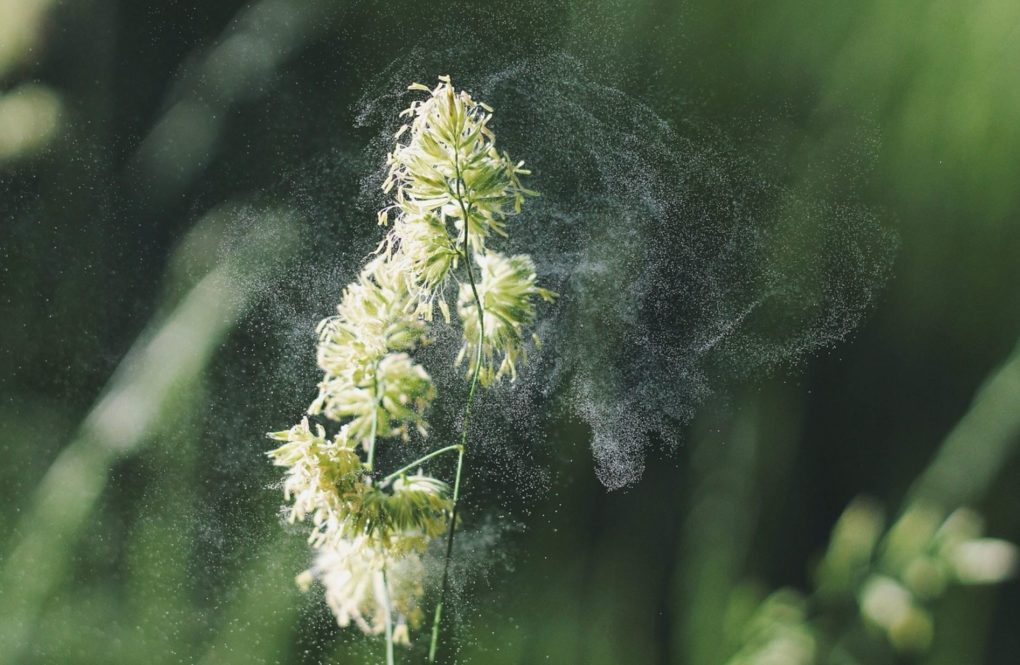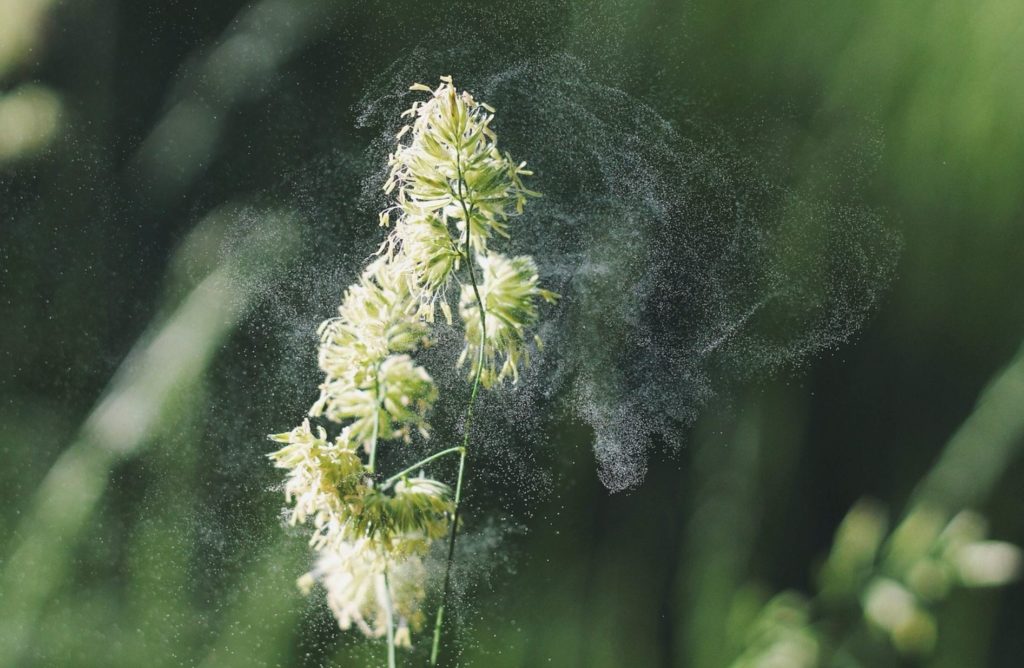8 Ways to Alleviate Seasonal Allergy Symptoms
When I was young and naïve, I believed that people who complained about allergies were just over-exaggerating. Each spring I watched my friend, Lisa, sneeze and search through her purse for a Kleenex, Zyrtec, and an inhaler. I listened to my father complain about the pine trees in Texas and how they made it impossible to breathe.
Then in 2014, I married a man who was allergic to everything. He could not tolerate the oak trees, the pine trees, the flowers, the grass, household dust, or my 14-year-old cat. At first, I thought “This man just wants attention,” but then it happened to me. At 40 I started to experience spring and all its pollen just like Lisa, my dad, and my husband.
Now, not only do I suffer every spring along with them, but three of our children do as well. For a couple of years, I ignored it, and each season, I would end up with a nasty case of sinusitis. I eventually wised up and realized there were better ways to prevent a trip to the doctor. Here are eight of the natural ways I alleviate our seasonal allergy symptoms.
Widget not in any sidebars
Symptoms of Seasonal Allergies
Symptoms of seasonal allergies range from mild to severe. The most common include:
- sneezing
- runny or stuffy nose
- watery and itchy eyes
- itchy sinuses, throat, or ear canals
- ear congestion
- postnasal drainage
Less common symptoms include:
- headache
- shortness of breath
- wheezing
- coughing
During allergy season, it is important to know there are things you can do to alleviate these symptoms and enhance your body’s ability to fight them off. Here are 8 ways to alleviate and reduce allergies.
8 Ways to Alleviate Seasonal Allergy Symptoms
- Vitamin C – When I start to feel like I am suffering from allergies, I pass out packets of Emergen-C. When allergens invade your body, the body response by producing histamines, which cause mucus, sore throats, runny noses, etc. When you take Vitamin C, the histamine cannot form. If you already are feeling rundown, Vitamin C can shorten the illness time. Here’s an article on the subject – Does Vitamin C for Allergies Work? | New Health Advisor
- Immune-boosting teas – Drinking green tea before the start of allergy season can, like Vitamin C, prevent histamines from forming. In the past, I have just bought the store brand green tea; however, with other viruses wreaking havoc on us, I switched to a mug of Ready Nutrition’s Immune Support Tea every night before bed. Not only does it provide immune support, but it helps me sleep too.
- Nasal irrigation – While nasal irrigation looks scary, I promise it isn’t. It requires pouring a saline solution into a nostril and letting the nasal cavity carry it to the other nostril, which washes out all the allergens and mucus. You can use a simple Nettie pot or a more advanced system like a SinuPulse Elite, which is what my husband uses.
- Limit outdoor exposure – I know, it is spring, and we all want to be outside. I want to work in my garden and take my children to the park; however, common sense tells us to stay away from what harms us. When you are outside, wear sunglasses to limit the amount of pollen that can get into your eyes. Also, it is a good idea not to open that window to let the fresh air in. You will be welcoming pollen inside your home. Pollen is highest in the morning and on windy days. If you can avoid going outside and exposing yourself to the allergens, then do it.
- Spring cleaning – Remove any clutter that has accumulated during the winter season. In my home, books get stacked on furniture instead of being placed on a bookshelf. I have one kitchen counter that becomes a collecting spot for school papers, broken toys, pictures, or anything anyone doesn’t want to take the time to put up. Instead of walking by and ignoring it, tackle it. Dust and vacuum weekly to help remove allergens, dust mites, and pet dander. If you suffer from dust allergies, consider wearing a mask or hiring someone to do it.
- Replace your filters – With the change of the season, change your High-Efficiency Particulate Air (HEPA) filter too. When these are changed four times a year, they remove most of the allergens in the air. It is important to note that not all filters are created equal. When you purchase one, be sure to get one with a Minimum Efficiency Reporting Value (MERV) rating between 10 and 12.
- Shower before bed – Washing off the day’s worries is part of my nightly routine, but it is beneficial during allergy season too. Washing your body and hair before bedtime removes any pollen that has accumulated on your skin and prevents you from carrying it into your bed.
- Pets – Your pet can bring pollen inside your home. When your dog or cat comes in from outside, wipe them down with a damp towel to remove pollen and dander. During the Spring, it is a good idea to bathe your pet weekly to cut down on the amount of pollen they are exposed to as well.
Related Articles:
Natural Treatment Options and Strategies for the Great Outdoors: Allergies and Hay Fever
How To Make An Echinacea Tincture
10 Ways to Relieve Spring Allergies
Prevent Colds and Flu Naturally with These 10 Immune Boosting Tips
Source: Ready Nutrition
Image: Pixabay




